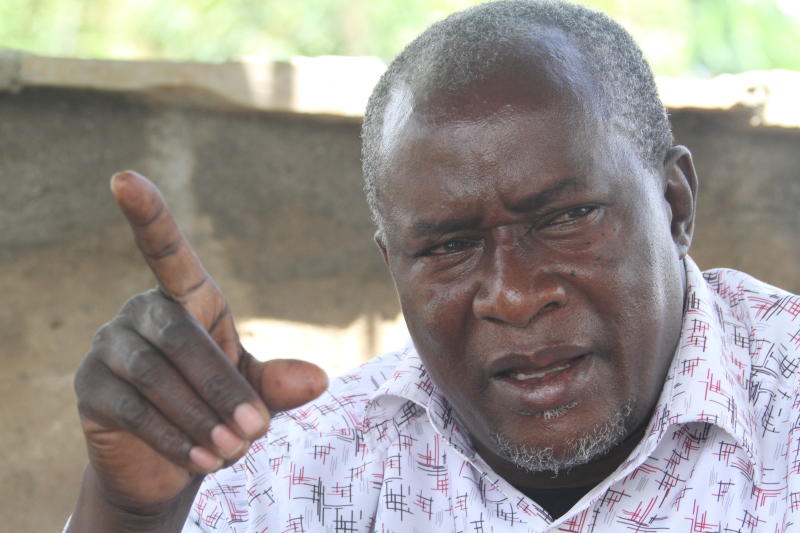×
The Standard e-Paper
Stay Informed, Even Offline

Former Kibwezi MP Kalembe Ndile who died yesterday at Nairobi Hospital was a big defender of the rights of squatters.
From his Mbui Nzau village in Kibwezi to the political class, Kalembe, popularly known as ‘Mwana wa squatter’, was described as a man with a sensitive heart especially to the landless.